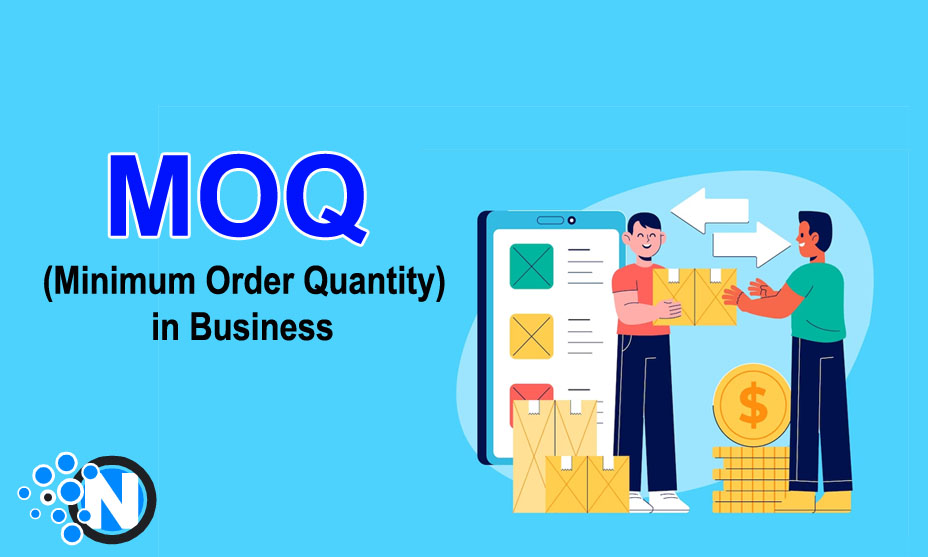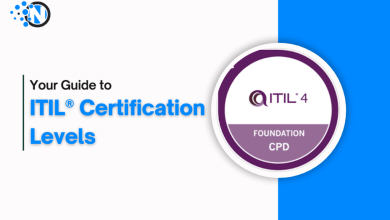Understanding MOQ (Minimum Order Quantity) in Business

Effective communication and comprehension are essential for successful interactions and transactions in the dynamic world of business and commerce. The use of diverse terminology and acronyms to concisely capture complicated topics is a crucial part of this communicative framework.
The “MOQ,” or minimum order quantity, is one of them and is very significant, especially in the areas of manufacturing, supply chain management, and purchasing choices. This essay explores the MOQ idea, its implications, and its crucial purpose in how organizations operate.
What is MOQ?
The minimum quantity of a product that a supplier or manufacturer is willing to make or give to a customer is the essence of the Minimum Order Quantity (MOQ) idea. In plainer terms, it acts as the point below which a successful business transaction may not occur for either party. MOQ functions as a key factor, defining the minimum size for an order.
For manufacturers and suppliers, this strategic tool is of utmost importance since it enables them to optimize production processes and make sure that their efforts are in line with a long-term, sustainable business strategy. Businesses achieve a delicate balance between addressing consumer requests and efficient production through MOQ.
Why Does MOQ Exist?
What does moq mean? The determination of Minimum Order Quantity (MOQ) is rooted in a complex interplay of economic dynamics that span manufacturing, distribution, and cost considerations. The MOQ is not just a numerical threshold; it embodies a strategic decision that manufacturers and suppliers make to optimize their operations while balancing economic efficiencies.
Fixed Costs and Production Economics
One of the primary factors influencing MOQ is the presence of fixed costs associated with manufacturing. Manufacturers face initial setup expenses and ongoing machinery upkeep costs. These fixed costs remain relatively constant regardless of the production volume.
By spreading these fixed costs over a larger quantity of products, larger production runs become more economically advantageous. Consequently, the per-unit cost for larger manufacturing runs tends to decrease, enhancing cost-effectiveness.
Conversely, smaller production runs could experience proportionally higher per-unit costs, impacting their overall profitability. MOQs thus enable manufacturers to capitalize on economies of scale, driving down production costs per unit.
Specialized Production and Resource Commitments
Suppliers often need to undertake specialized production runs to meet specific buyer requirements. These specialized runs might involve securing unique raw materials, adapting machinery, or implementing quality control procedures tailored to the buyer’s specifications.
Implementing these adjustments incurs additional costs that can be better justified through larger production volumes, facilitated by MOQs. Suppliers can streamline their processes, minimize wastage, and enhance their operational efficiency by adhering to MOQs.
Impact on Buyers and Suppliers

The Minimum Order Quantity (MOQ) is a pivotal concept that significantly influences both buyers and suppliers in the realm of commerce. The implications of MOQs are far-reaching, impacting purchasing decisions, operational efficiency, and the dynamics of buyer-supplier relationships.
For Buyers
Understanding the concept of MOQ is indispensable for buyers as it shapes their purchasing strategies. A supplier’s establishment of a MOQ implies that orders falling below this threshold could incur higher per-unit costs.
Therefore, buyers are tasked with a careful evaluation of their demand forecasts, storage capacities, and financial feasibility. The decision to commit to a purchase that meets MOQ criteria necessitates a comprehensive analysis to ensure that the potential cost savings outweigh the risks of holding excess inventory.
In cases where the MOQ might pose a challenge, buyers might consider collaborating with other companies or exploring alternative sourcing options to collectively achieve MOQ thresholds and unlock lower prices. Such strategic thinking allows buyers to align their procurement strategies with market realities and economic efficiencies.
For Suppliers
MOQs hold significant importance for suppliers as well, serving as a mechanism to optimize their business operations and ensure profitability. Suppliers often consolidate orders into larger quantities to leverage economies of scale, thereby streamlining production processes, reducing changeover times, and trimming production costs.
This approach not only enhances the supplier’s operational efficiency but also enables them to offer competitive pricing to buyers. Striking the right balance in setting MOQs is essential for suppliers, as overly high MOQs might deter potential customers, leading to missed business opportunities.
Suppliers need to ensure that their MOQs align with market demand, allowing them to maintain their financial viability while accommodating a diverse range of buyers.
Flexibility and Communication
Minimum Order Quantity (MOQ) talks in the world of commercial operations highlight the delicate balance between monetary principles and cooperative relationships. While the economic justification for MOQs frequently restricts negotiability, excellent communication can open the door for win-win solutions.
Open Communication and Flexibility
The reasons behind MOQs are frequently related to cost and production efficiency, which gives them the appearance of rigidity. However, companies might look for possible flexible options through open communication. Sharing knowledge about one other’s needs and constraints helps promote understanding.
For instance, by agreeing to long-term contracts, recurrent orders, or by emphasizing growth potential, buyers could participate in discussions to possibly lower MOQs. These conversations highlight how crucial open lines between suppliers and buyers are.
Finding Common Ground
Negotiations over MOQ must strike a compromise between many criteria. The predicted demand, available storage space, and cash flow scenario must all be carefully examined by buyers.
On the other hand, suppliers must evaluate their capacity for production, resource usage, and the impact of tolerating decreased MOQs on profitability. By bringing these aspects into balance, businesses can establish common ground and possibly get at MOQ agreements that strike a balance between efficiency and flexibility.
Conclusion
MOQ is a key idea that impacts how items are made, delivered, and acquired in the complicated world of modern business. Because of its economic roots, Minimum Order Quantity greatly influences how production plans, pricing schemes, and supplier-buyer cooperation are shaped. The ability to make informed judgments, balance cost-effectiveness, and demand, and create long-lasting commercial relationships in the marketplace results from an understanding of the consequences of MOQ. The MOQ principle will always be a key consideration in supply chain dynamics and strategic choice-making as long as commerce is practiced.




